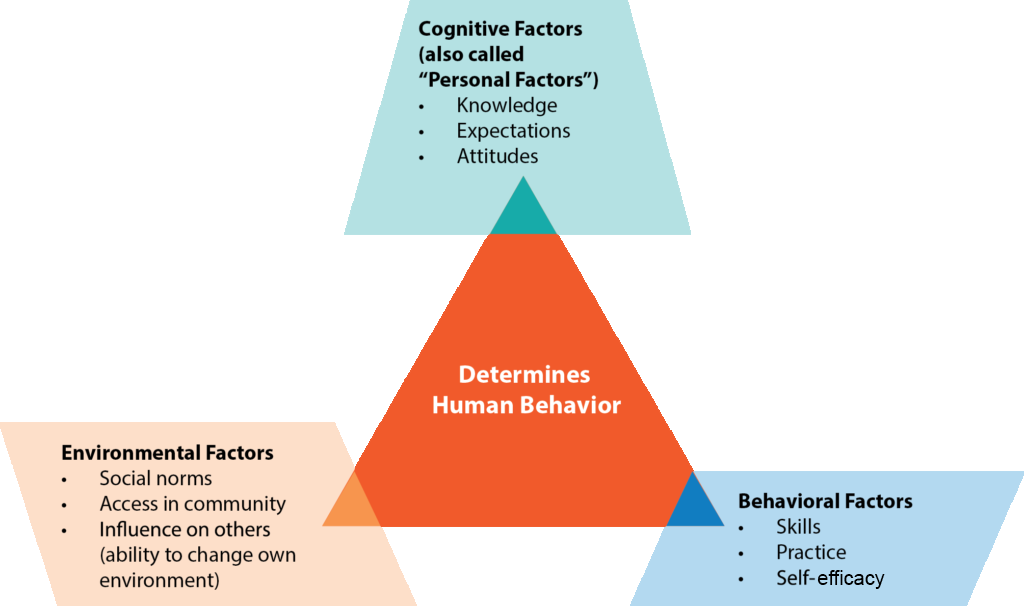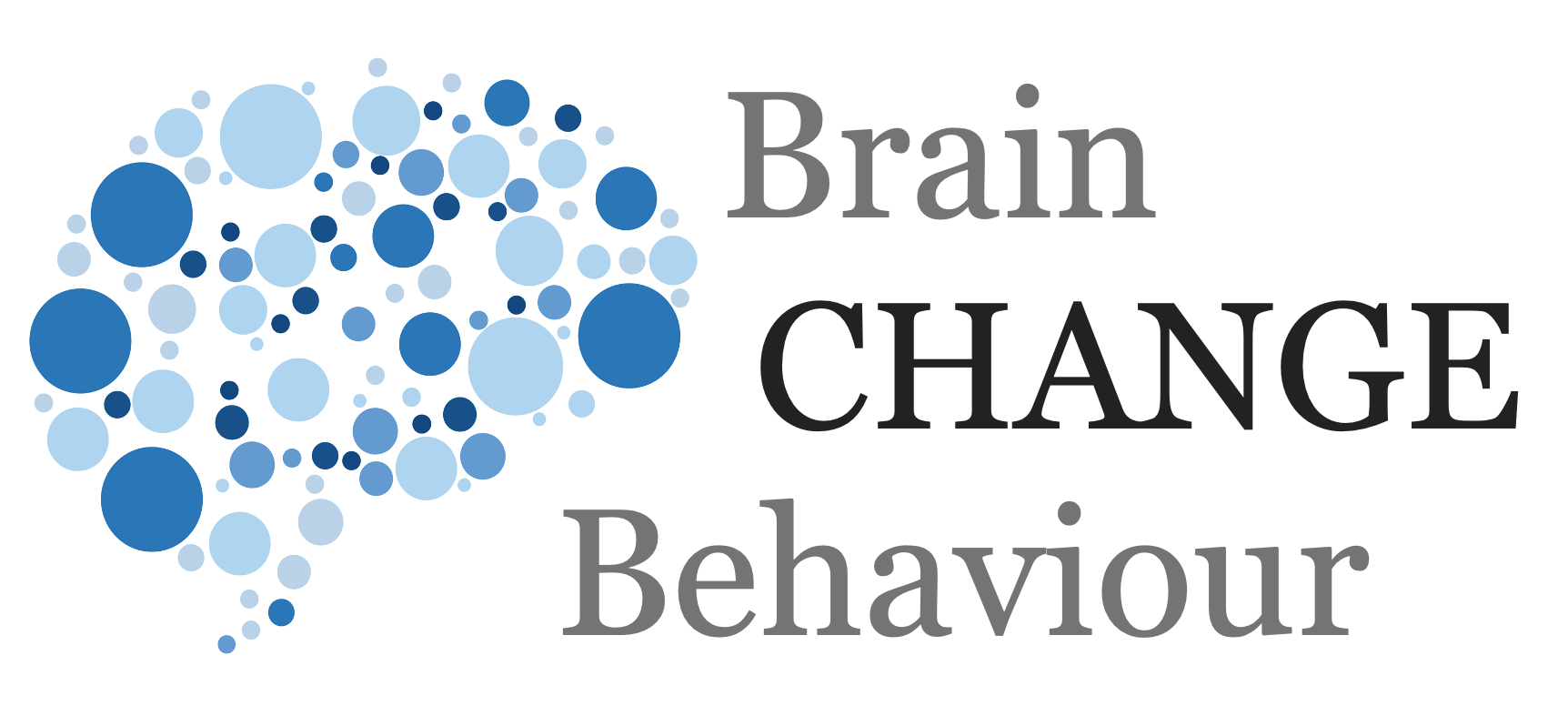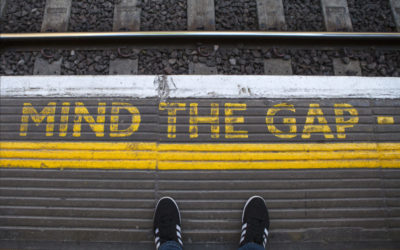Article
Change Models

Social Cognitive Theory by famed psychologist Bandura is grounded, as the name suggests, in social contexts saying that behaviour is driven by the triad of behaviour, personal, and environmental factors.
This is often known as reciprocal determinism. Environmental factors represent situational influences and environment in which behavior is preformed while personal factors include instincts, drives, traits, and other individual motivational forces.
Cognitive / Personal Factors
- Knowledge
- Expectations
- Attitudes
Behavioural Factors
- Skills
- Practice
- Self-Efficacy
Environmental Factors
- Social Norms
- Access in the Community
- Influence on others
Social Cognitive Theory evolved from Bandura’s Social Learning Theory and he also speaks of reicnforcement, something that will enable the behaviour to continue or become stronger and also the potential need for incentives (which help to boost expectations). In learning contexts he also noted the case of obervational learning whereby we learn just from observation.
Summary
This is another three-factor model which includes similar elements to other models and shows their interactions. Interventions would therefore need to focus on which if these need to change and how this coudl happen.
Simple Takeaways
-
- Behaviour is driven by cognitive/personal, environmental, and behavioural factors
- This helps you describe behaviour and guide interventions
© leading brains 2022
Reference
More Articles
Introduction to SCOAP
SCOAP is a complete model of human motivation, behaviour, and wellbeing, summarising over a century of research into the human brain, human psychology, and human behaviour in all contexts.
SCOAP Needs
These are basic human needs which means fulfilling them is essential for human wellbeing and therefore also that having them unfulfilled or violated lowers human wellbeing. These also direct human motivation and subsequently human behaviours.
SCOAP Motivation
Much has been written about motivation and there are many (false) assumptions to motivation also. So let’s start with a simple definition of motivation.
SCOAP Behaviour
Behaviour is about doing things, actions. That is obvious, but there are many grey zones to behaviour. For example do we class breathing as behaviour, or heartbeat, or sweating?
SCOAP Change
As you will have seen with SCOAP, this gives a comprehensive model of human needs, motivation, and behaviour. We can therefore use this to guide behavioural change interventions.
The Undermining Effect
Rewards sound like a good way to instigate behaviour you want. In our world we often think of financial rewards. Good idea, right?
Well, no, rewards can actually lower motivation.
Making Change Stick
The sustainability question, or problem, is ultimately the biggest and most important question or issue.
The Value-Action Gap
The value-action gap has multiple other names: attitude-behavior gap, intention-behavior gap, KAP-gap (knowledge-attitudes-practice gap) or belief-behavior gap.
It refers to the gap between what people often say they value and their subsequent actions or willingness to meaningfully contribute to this value.
Uncertainty Changes Behaviour (But Boiling Frogs Doesn’t)
Why do people make random and unpredictable decisions when uncertainty arises (such as buying toilet paper at the start of a pandemic)?
Deadlines Increase Procrastination
What! I’d get nothing done without deadlines!
Ditto, though I can be very productive, I have a natural tendency to procrastinate. In fact it is one of my natural talents!










